Here is the Doha attack in all its aspects and the consequences it has brought about…
Here is the Doha attack in all its aspects and the consequences it has brought about…
By Adem Kılıç, political scientist
Israel’s attacks on neighboring countries such as Lebanon, Yemen, Iran, and Syria, which have been ongoing for nearly two years alongside its genocidal war in Gaza, have taken on a new dimension with last week’s attack on Qatar.
Israel has long claimed to operate a “defense doctrine” and to fight against elements that “pose a threat” to its country in line with this doctrine.
Indeed, it attributed its attacks on Lebanon to the presence of Hezbollah forces in that country, its attacks on Syria to the presence of Iranian-backed forces, its attacks on Yemen to the Houthis, and its attacks on Iran to this same so-called “defense doctrine.”
However, Qatar has never posed a threat to Israel. Moreover, Qatar was the most important mediator in the process and a “ally” country hosting the US’s largest air base in the region.
Hamas members at the bombed site were in Doha to discuss US President Trump’s ceasefire proposal.
This reality clearly demonstrates that Israel has now abandoned its “defense” doctrine and adopted a new, “offensive”-based approach.
Military and tactical dimensions
From a military perspective, the method and execution of the attack contain various uncertainties.
The first uncertainty is that the Israeli Air Force needs to use Saudi Arabian airspace to reach Doha with its F-35 aircraft and must refuel in the air before returning. However, neither Saudi Arabia nor Israel has made any statement on this matter.
This situation shows that the scenario announced by Israel to the public does not reflect reality.
The second uncertainty is that, aside from how the attack was carried out, it was organized in a civilian settlement area, on the territory of a country that has taken on a mediation mission, and using a method that carries high risk.
These conditions show that the attack was not militarily logical and was not an operation serving the political goal set by the US.
Diplomatic and legal dimensions
The attack on Qatar is not only military in nature, but also has diplomatic and legal dimensions that could disrupt both regional and global balances.
Given that Qatar has long been the US’s ally and mediator in the region, Israel’s attack challenges Qatar’s sovereignty and the US’s strategic position in the region.
From an international law perspective, the situation is clear. The UN Charter and the fundamental principles of international law between states require states to respect each other’s sovereignty and limit the use of armed force.
However, since Israel’s attack was carried out without an existing conflict or ongoing threat, it does not meet the criteria for the “right of self-defense” and constitutes a violation of international law in the full sense.
While doubts remain whether the attack took place with Trump’s knowledge and approval, the White House’s failure to inform Doha before or after the attack is also causing a crisis of confidence.
Although the White House claimed in its initial statement after the attack that it had informed Qatar about the attack, this claim was quickly denied by Qatar, and no statement to the contrary has been issued by the US.
Regional impacts
The long-term effects of the attack could cause serious disruptions to the security perceptions and regional balances of countries in the region, particularly the Gulf states.
Trust in the US has been shaken, particularly among countries that believed they had come under the US security umbrella through US-Gulf relations and the Abraham Accords, which began during Trump’s first term.
This situation may pave the way for countries such as Qatar, Saudi Arabia, and the United Arab Emirates to reconsider their relations with Iran and adopt a more independent position, and the validity of the current balancing mechanisms in the Gulf based on the U.S.’s protection guarantee may be questioned.
Conclusion
Israel’s attack on Doha was not merely a military strike, but a turning point that altered regional balances and could create new fractures in the Middle East.
This is because Qatar’s role as a mediator has been undermined, the US’s security guarantees in the region have been called into question, and a new momentum has emerged in diplomatic relations between the Gulf countries and Iran.
On the other hand, the US, which was already losing its influence in the international arena amid multipolarity, completely lost its image as a “reliable ally” following this development.
With all these consequences, the Doha attack became a turning point that ushered in a more complex, multipolar era in which the balance of power in the Middle East would be redefined.







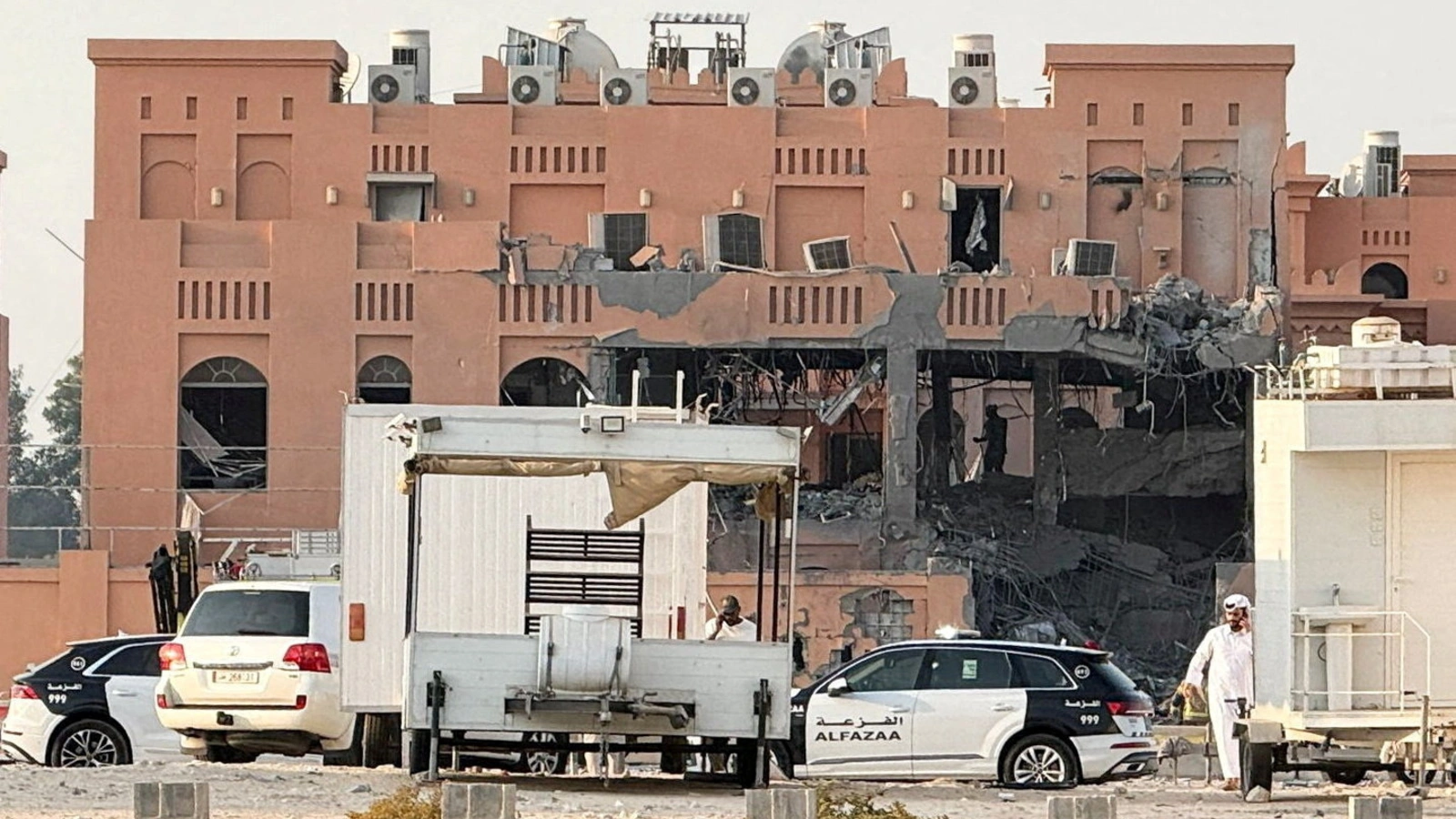

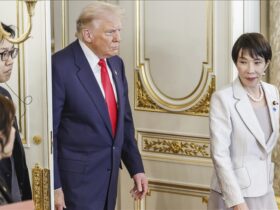
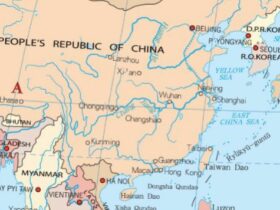


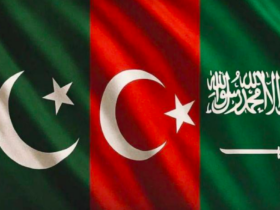
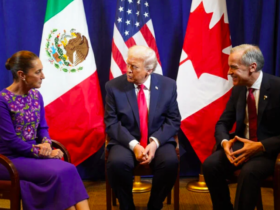

Leave a Reply